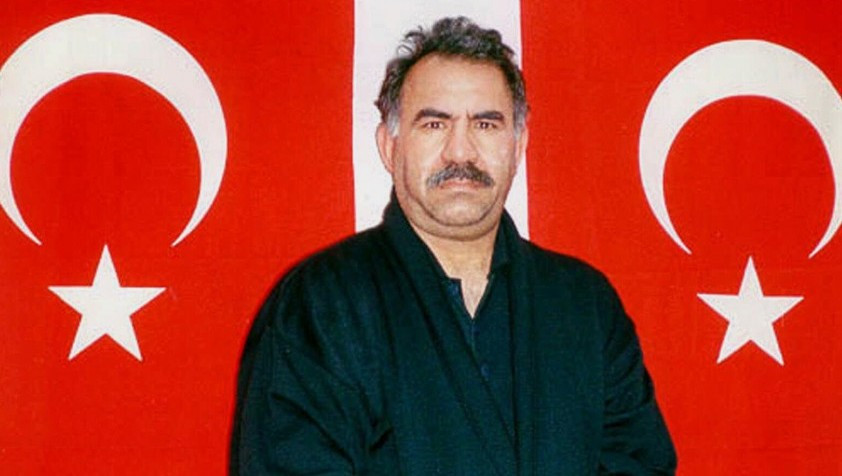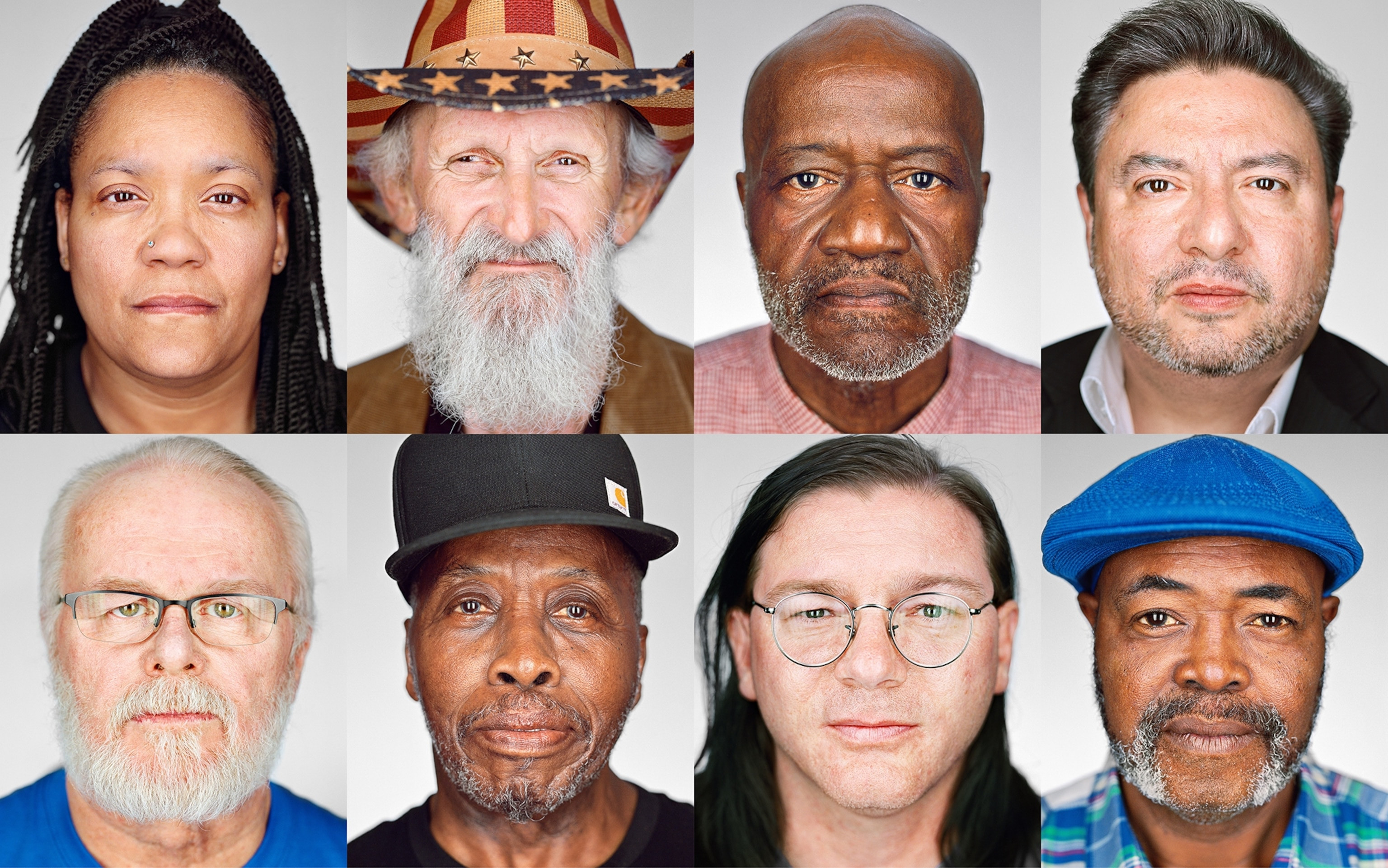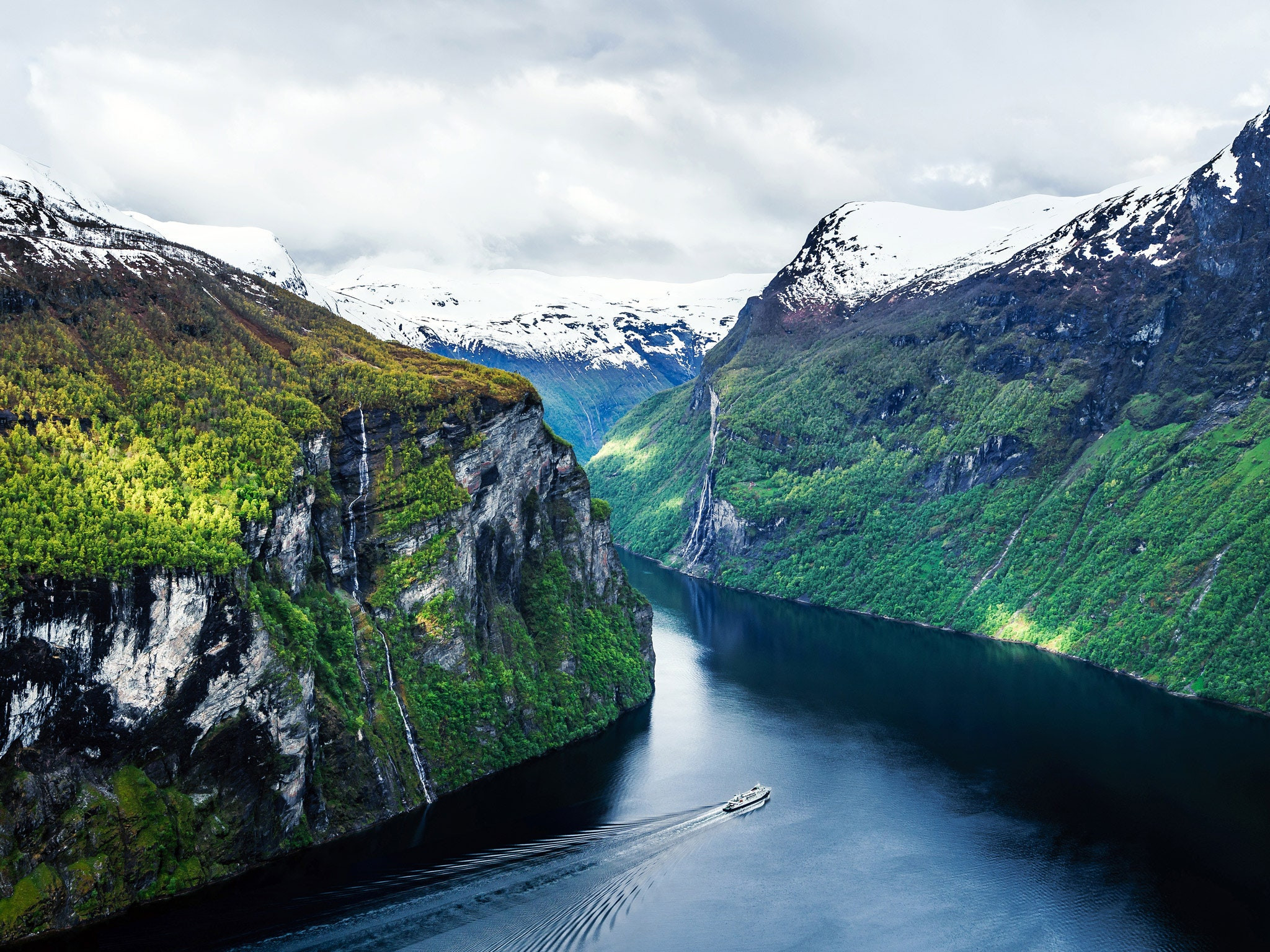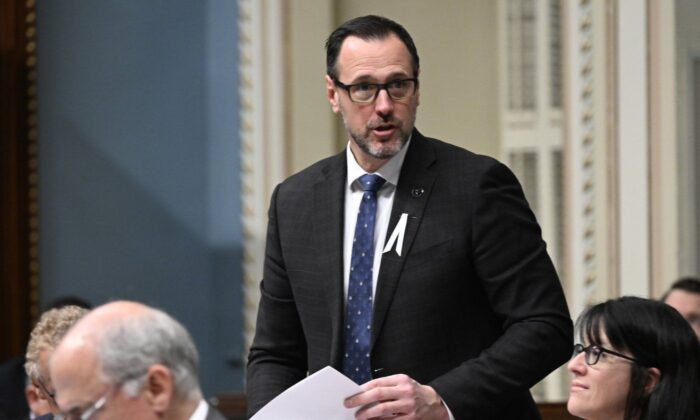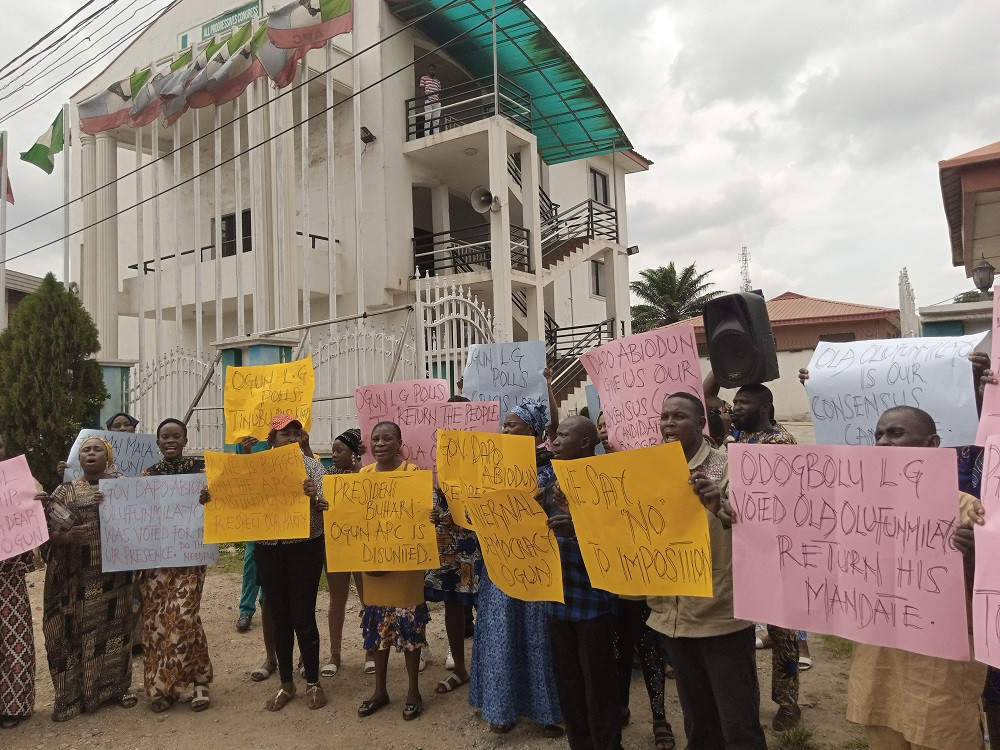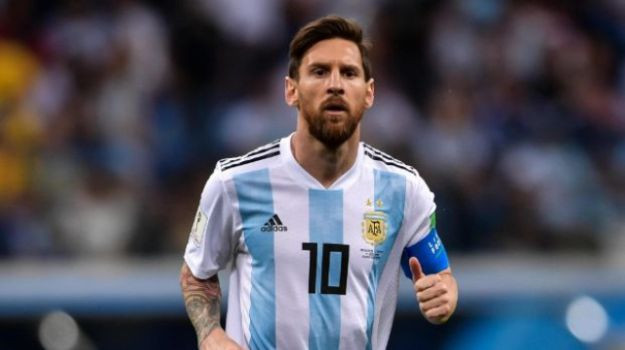A Global Call for Freedom: Nobel Laureates Demand Turkey End Isolation of Kurdish Leader Abdullah Öcalan
The world is watching as Kurdish leader Abdullah Öcalan, imprisoned on the island of İmralı in Turkey since 1999, continues to face severe isolation and restrictions. In a recent letter addressed to the Committee of Ministers of the Council of Europe (EC), the European Court of Human Rights (ECHR), the European Committee for the Prevention of Torture (CPT), and the UN Human Rights Committee, 69 Nobel laureates denounced the critical situation facing Öcalan.
Concerns over Imprisonment Conditions
The letter, widely reported in Kurdish media, urged the Turkish state to fulfill its obligations to protect the rights of the founder of the Kurdistan Workers’ Party (PKK). The laureates expressed “constant and growing concern about the conditions” endured by Öcalan, highlighting the “decades of Öcalan’s imprisonment and the various violations of his rights by the Turkish government during his incarceration.”
Despite efforts by Öcalan’s relatives and lawyers to gain access to visit him, the last communication he had with the outside world was on 25 March 2021, during a brief phone call with one of his brothers. Since then, there has been no news of the Kurdish leader, prompting the Kurdistan Liberation Movement – comprising hundreds of organizations, including the PKK – to launch various demonstrations, actions, and events to raise awareness of Öcalan’s condition.
Lack of International Action
The laureates noted that the current concern stems not only from Öcalan’s isolation and the violation of his basic rights but also “from the apparent lack of significant efforts made on his behalf by the European entities addressed here, as well as by the United Nations Human Rights Committee.” They emphasized that Öcalan’s rights are guaranteed by the Constitution of Turkey and its domestic legislation, but these are not being observed within the walls surrounding İmralı.
In 2022, the UN Human Rights Committee (UNHRC), at the request of Öcalan’s lawyers, urged Turkey to end his incommunicado detention and grant him immediate and unrestricted access to communication with his legal representatives. However, the Turkish government has not complied with this demand, and the Office of the United Nations High Commissioner for Human Rights (OHCHR) has taken no action.
The CPT’s Involvement and Limited Transparency
The CPT has visited İmralı prison several times and has written thirty reports on the conditions there. However, the impact of these visits and reports on Öcalan’s treatment remains unclear. While the CPT announced a visit to the prison in September 2022, it refused to provide information about the visit to Öcalan’s lawyers during a subsequent meeting.
In February of this year, the CPT confirmed that its envoys had seen and interviewed Öcalan and the three other political prisoners held during the 2022 visit. However, due to its domestic legislation, the CPT can only publish its reports with authorization from the governments of the countries visited, a requirement the Erdoğan administration has denied.
Calls for Dialogue and Peace
In another letter addressed to President Erdoğan in July of this year, the laureates urged him to “once again reach a path of peace.” They stressed, “We believe that you believe peace is possible, although we all know that it is not an easy path. You proved it with the Oslo talks (2009-2011) and the İmralı process (2013-2015) during which, under your guidance and supervision, government representatives met and discussed the possibilities of reconciliation with Abdullah Öcalan. Although the much-desired possibility of peace did not emerge from these talks, this does not mean that peace and reconciliation are impossible.”
The Reality of İmralı Island
In June 2023, Cengiz Yürekli, one of Öcalan’s lawyers, authored a detailed report on the situation on İmralı, which the Turkish state has declared a “restricted military zone.” Yürekli described the island’s prison as a “perpetual isolation zone” with limited access to communication and limited freedom of movement. For years, Öcalan was the only prisoner on the island, confined to solitary confinement for most of the day. This continued even after other prisoners were transferred to İmralı, with the CPT acknowledging that all prisoners on the island are held in solitary confinement for most of the time.
A Call to Action
While the situation on İmralı remains shrouded in silence, thousands of Kurds continue to mobilize weekly to demand direct dialogue with their leader. The isolation and the silence surrounding Öcalan highlight the deep-rooted tensions between the Kurdish population and the Turkish government. The international community must continue to press for Öcalan’s rights to be respected and for a genuine dialogue to begin that could lead to a peaceful resolution of the conflict in the region.
Beyond the Walls: The Impact of Öcalan's Philosophy
Despite the isolation imposed on him, Abdullah Öcalan's ideas and philosophy continue to resonate with many, particularly Kurds. His writings, which focus on democratic confederalism, a decentralized and egalitarian system of governance, are seen as offering an alternative to the current political order in the region. His philosophy has also influenced the development of women’s rights in Kurdish society. The Zenûbiya Women's Community, a prominent organization in North and East Syria, is holding a “Sociology of Freedom” conference in Raqqa to discuss the role of women in building a free and democratic society. This conference underscores how Öcalan's ideas continue to inspire resistance and hope for a better future despite the obstacles he faces.
A Renewed Call for Freedom
The global campaign to achieve the physical freedom of Abdullah Öcalan is a testament to his enduring influence and the commitment of his supporters to fight for a just and peaceful solution to the Kurdish issue. As the world watches, it is crucial to remember that Öcalan’s fate is not just a Kurdish issue but a matter of fundamental human rights and the pursuit of peace. The isolation of Öcalan and the lack of transparency surrounding his situation only serve to deepen the conflict and prevent a peaceful resolution. The time for action is now. It is time for Turkey to comply with its international obligations, end the isolation of Abdullah Öcalan, and engage in meaningful dialogue to achieve a lasting peace.




